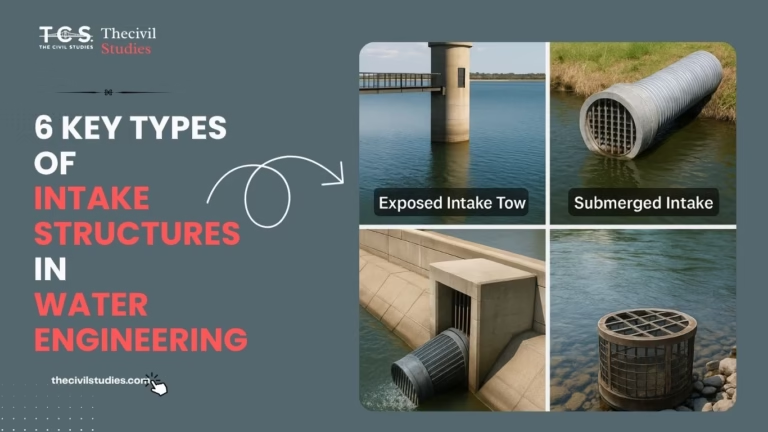Construction is often misunderstood as a field that only belongs to civil engineers. But in reality, construction projects—whether buildings, bridges, highways, energy plants, or oil and gas facilities—require the combined efforts of civil, mechanical, electrical, and other engineering disciplines. This is where construction management becomes a very important skill for engineers.
What is Construction Management?
Construction management is the discipline of planning, coordinating, and controlling a project from its initiation to completion. It ensures that projects are delivered within scope, on time, within budget, and as per the quality and safety standards.
From feasibility studies and design to implementation, monitoring, and project closure, construction management covers the entire life cycle of a project.

Why Construction Management is Important
Every project is unique—even if two buildings look the same on paper, differences in location, resources, or equipment make them distinct. This uniqueness makes construction management crucial, as it provides the framework to handle complexity, ensure collaboration, and prevent costly disputes.
Without proper construction management, projects often face:
- Delays in completion
- Cost overruns and poor cash flow
- Resource mismanagement
- Quality and safety issues
Stakeholder disputes
Key Stakeholders in Construction Projects
For any construction project, multiple parties are involved. Understanding them is essential to effective management:
- Client / Owner – The entity that owns and funds the project.
- Consultant / Engineer / Designer – Provides technical expertise, designs, and estimates.
Contractor – Executes the actual construction work. - Sponsors / Investors – Provide financial support (common in Public-Private Partnerships).
Regulatory Authorities – Ensure safety, quality, and legal compliance.
Since these diverse stakeholders may have conflicting interests, disputes are common. That’s why contracts are signed, often based on international standards like FIDIC and NEC, which define the rights, responsibilities, and dispute resolution mechanisms.

The Construction Management Process
Construction management can be divided into several phases:
1. Project Initiation
- Identifying the need for a project.
- Preparing a feasibility study and rough cost estimates.
2. Planning and Design
- Developing detailed project designs.
- Estimating quantities and costs.
- Scheduling and resource planning.
3. Bidding and Contracting
- Selecting contractors through competitive bidding.
- Signing contracts with defined timelines, budgets, and responsibilities.
4. Execution (Implementation Phase)
- Deploying manpower, equipment, and materials.
- Monitoring work progress against schedule and budget.
- Ensuring compliance with safety and quality standards.
5. Monitoring and Control
- Tracking Key Performance Indicators (KPIs).
- Reporting progress to stakeholders.
- Making adjustments in case of delays or overruns.
6. Project Closure and Handover
- Final inspections and approvals.
- Payment settlements.
- Handing over the completed project to the client.
Core Areas of Construction Management
Construction management is built upon several key areas of knowledge:
1. Time Management: Projects must be delivered within agreed timelines. Effective scheduling tools like Gantt charts, CPM (Critical Path Method), and Primavera are often used.
Must read: Best Construction Project Management Software in 2025 – Top Tools for Engineers & Contractors
2. Cost Management: Controlling budgets, cash flow, and ensuring financial accountability throughout the project.
3. Resource Management: Efficient deployment of manpower, materials, machinery, and technology.
4. Quality and Safety Management: Meeting regulatory standards, conducting inspections, and ensuring safety protocols.
5. Communication Management: Keeping all stakeholders on the same page through reports, meetings, and structured communication channels.


Knowledge Required for Successful Construction Management
To excel in construction management, professionals need two kinds of expertise:
- Product-Oriented Knowledge – Technical knowledge about the specific product (building, road, energy plant, etc.), including standards, testing methods, and execution practices.
- Project-Oriented Knowledge – Skills to manage time, cost, resources, and communication across the project life cycle.
When both are mastered, engineers and managers can handle even the most complex construction projects effectively.
Construction management is much more than just building structures—it’s about integrating people, processes, and technology to deliver safe, efficient, and sustainable projects.
For engineers and professionals, understanding this discipline is no longer optional—it’s a necessity. Whether you are a civil engineer, a mechanical engineer, or an investor, knowledge of construction management ensures that projects meet deadlines, stay within budget, and achieve the desired quality outcomes.





